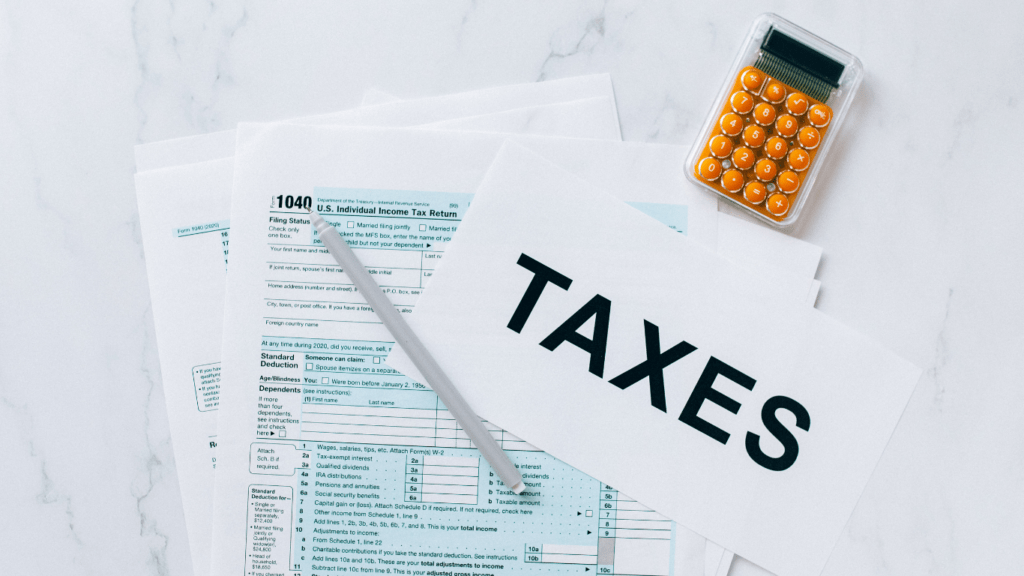Navigating the realm of property taxes can often feel like a complex puzzle for many homeowners. As a homeowner myself, I understand the importance of unraveling the intricacies of property tax assessments and payments.
In this guide, I’ll shed light on the essential aspects of property taxes, empowering you to comprehend and manage this crucial financial obligation confidently. Property taxes play a significant role in homeownership, impacting your budget and overall financial planning.
From understanding how property taxes are calculated to exploring potential deductions and exemptions, this guide aims to demystify the jargon surrounding property taxes. By the end of this article, you’ll be equipped with the knowledge needed to navigate the world of property taxes with ease and make informed decisions to optimize your financial responsibilities as a homeowner.
Overview of Property Taxes
Understanding property taxes is essential for homeowners to manage their financial obligations effectively. Property taxes play a significant role in financial planning and budgeting. In this section, I’ll delve into the key aspects of property taxes, including how they are calculated, important considerations, and potential deductions or exemptions that homeowners should be aware of.
By the end of this guide, you’ll have a comprehensive understanding of property taxes and be equipped to handle your tax responsibilities confidently.
Importance of Understanding Property Taxes
As a homeowner, comprehending property taxes is crucial for effective financial planning. Property taxes have a significant financial impact on homeowners and play a vital role in local government revenue generation.
Financial Impact on Homeowners
Property taxes directly affect homeowners’ financial well-being as they contribute to the cost of owning a property. Understanding how property taxes are calculated helps homeowners anticipate and budget for these expenses accurately.
Local Government Revenue Generation
Property taxes are a primary source of revenue for local governments. By understanding how property taxes contribute to local government funding, homeowners gain insight into the broader financial implications of property ownership.
Factors Influencing Property Taxes
When it comes to understanding property taxes, homeowners need to grasp the various factors that influence the amount they pay. Here are key elements that play a crucial role in determining property tax rates:
Property Assessment Methods
In assessing property taxes, authorities typically use one of three methods: the sales comparison approach, the cost approach, or the income approach. Each method evaluates the property based on distinct criteria such as recent sales of similar properties, replacement cost, or potential income generated.
Understanding the assessment method used for your property is essential in comprehending how your tax bill is calculated accurately.
Strategies for Managing Property Taxes
Exploring strategies to effectively manage property taxes is essential for homeowners looking to optimize their financial planning. These strategies can help homeowners navigate the complexities of property tax assessments and payments, ensuring they can meet their financial obligations efficiently.
Here are some practical strategies to consider:
- Review and Understand Assessment Methods: Familiarize yourself with the different assessment methods used in calculating property taxes. Understanding these methods, such as the sales comparison approach, the cost approach, and the income approach, can provide insights into how your property’s value is determined and how to potentially challenge an assessment if needed.
- Stay Informed About Tax Rates and Changes: Keep abreast of any changes in tax rates or policies that may impact your property taxes. Regularly checking for updates from local authorities can help you anticipate any fluctuations in your tax bill and adjust your financial plans accordingly.
- Utilize Available Deductions and Exemptions: Take advantage of any deductions or exemptions you may be eligible for to lower your property tax burden. Common deductions include those for homestead exemptions, senior citizens, veterans, or energy-efficient upgrades. By leveraging these benefits, you can reduce the amount you owe in property taxes.
- Appeal Assessments When Necessary: If you believe your property has been overvalued or if you notice discrepancies in your assessment, consider appealing the decision. Providing evidence to support your case, such as recent property appraisals or comparable sales data, can help you successfully challenge an inaccurate assessment.
- Plan for Tax Increases: Factor potential tax increases into your long-term financial planning. Understanding that property taxes may rise over time can help you prepare for these increases and avoid any financial strain they may cause.
By incorporating these strategic approaches into your financial management practices, you can proactively address your property tax responsibilities and make informed decisions to optimize your tax expenses effectively.



